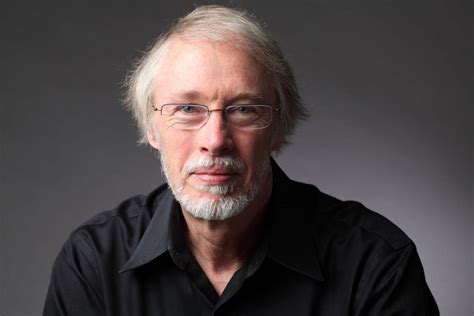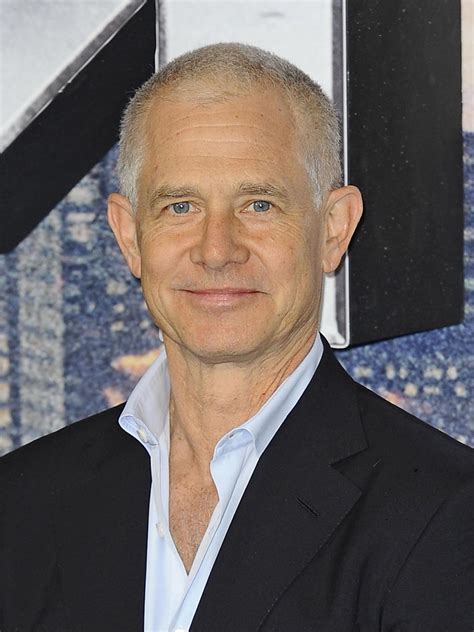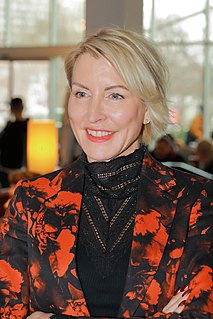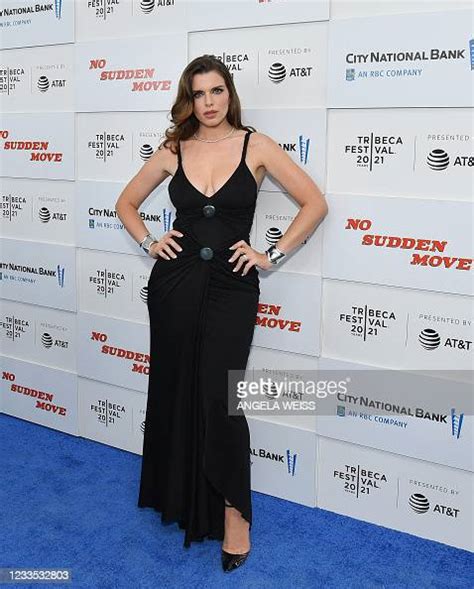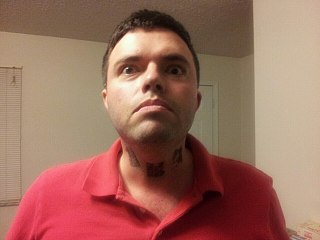A Quote by Charles Baxter
You think that what I've told you is an anecdote. But really it isn't. It's my whole life. It's the only story I have.
Related Quotes
The whole decision to do my show was that I was trying to "true up" my work life and my personal life and I wanted the principles in both of them to be the same. And the only way that I could think of to do that was to make a show about exploring cultures through food that demonstrated those principles with every story that we told.
It's only a story, you say. So it is, and the rest of life with it - creation story, love story, horror, crime, the strange story of you and I. The alphabet of my DNA shapes certain words, but the story is not told. I have to tell it myself. What is it that I have to tell myself again and again? That there is always a new beginning, a different end. I can change the story. I am the story. Begin.
Too many writers think that all you need to do is write well-but that's only part of what a good book is. Above all, a good book tells a good story. Focus on the story first. Ask yourself, 'Will other people find this story so interesting that they will tell others about it?' Remember: A bestselling book usually follows a simple rule, 'It's a wonderful story, wonderfully told'; not, 'It's a wonderfully told story.'
I think the key for us is really letting the stories we feel are best told to kind of dictate where we go. When we find a story we really believe is one that should be told, how do we best tell it and you know what do we need to tell that story most effectively? I think to the good, the universe is such that there are a lot of options, there a lot of opportunities. So that's kind of what's guiding us.
When I was little I knew my father had been an orphan and had lived in an orphanage. I was curious, but my father wouldn't satisfy my curiosity. He told only one story about the orphanage, and that was of sneaking out and buying candy, which he sold to other orphans. He said he had a pretty good business going - till he was busted! I guess he told that anecdote because he was the hero of it and I suspect he was rarely the hero as a child, more often the victim. There's a photo of the actual orphanage on my website, and you can see it's a forbidding looking place.
People need to understand that what happens in people's homes and behind closed doors, unless you were there, you really shouldn't make any analogy or any assumption, which writers do quite a bit. It's not something I ever for one second thought about. This is not my life story, and I've never told my life story, and I have no interest in telling my life story.
